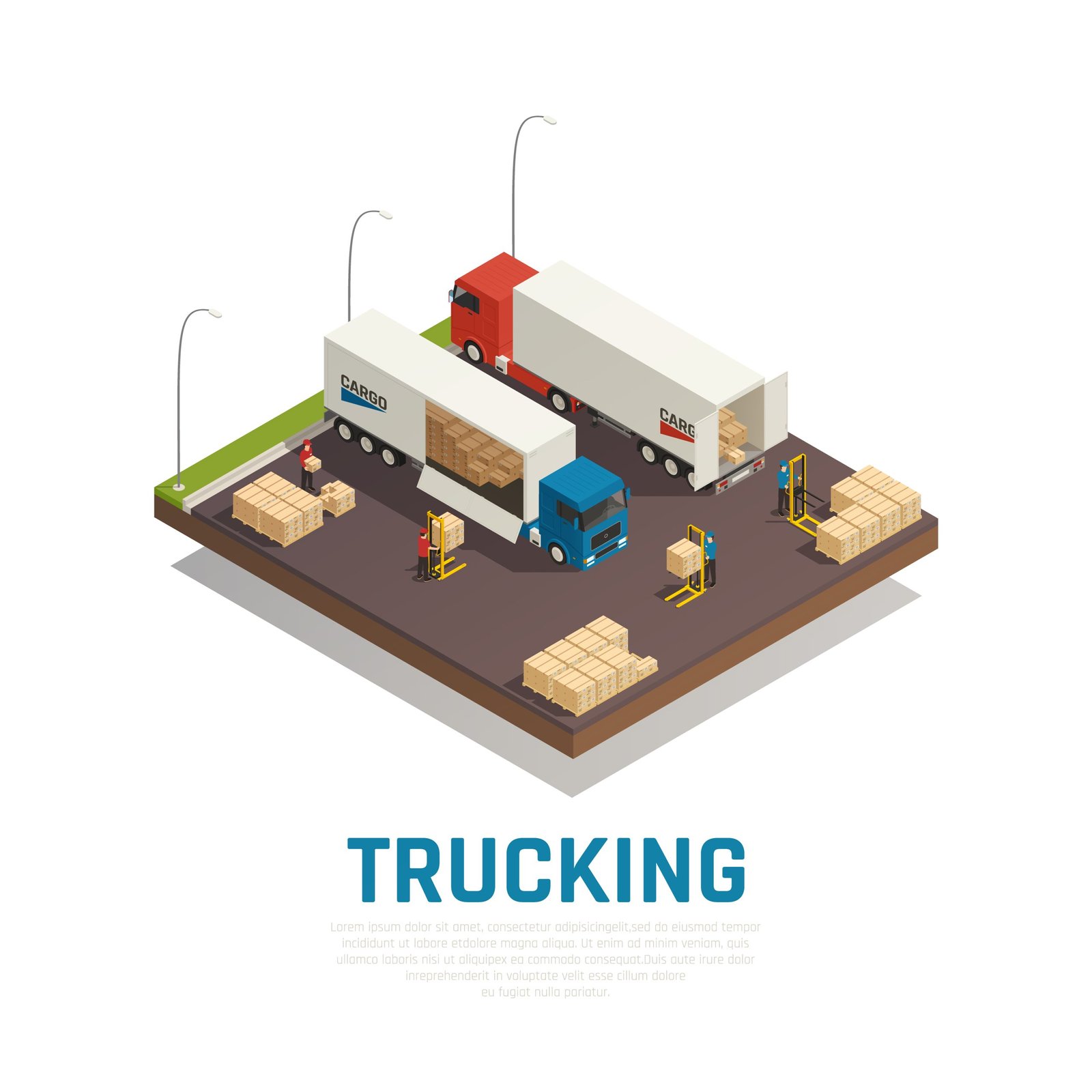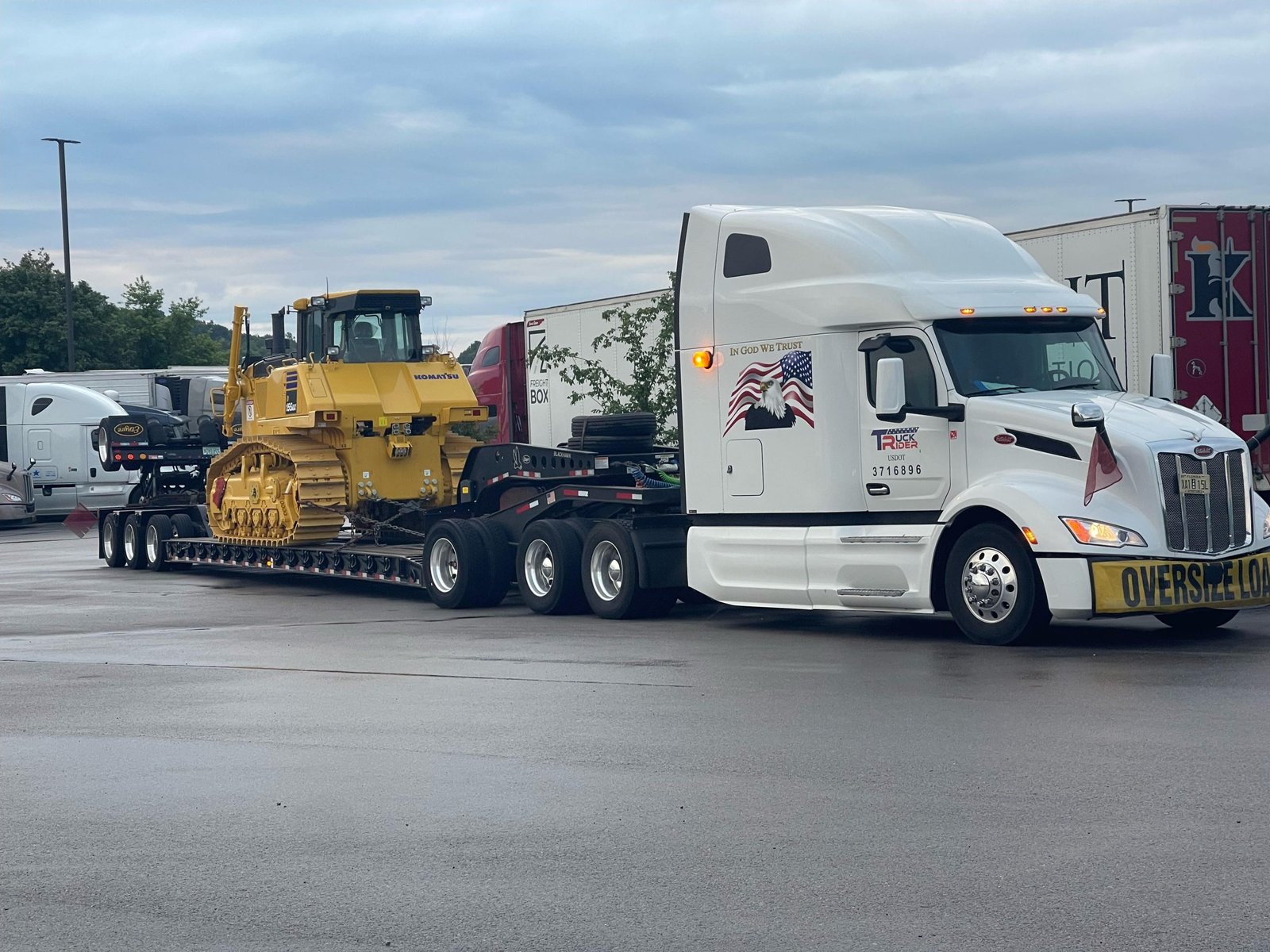Compliance with industry regulations is critical for the success of any trucking business. Failure to adhere to the rules can result in hefty fines, legal issues, and a damaged reputation. In this blog, we’ll discuss the importance of compliance in the trucking industry and provide tips on how to stay ahead of regulatory changes.
- Understand Hours of Service (HOS) Regulations: HOS regulations are designed to prevent driver fatigue and ensure road safety. Make sure your drivers are aware of the latest HOS rules and that your fleet is equipped with electronic logging devices (ELDs) to track driving hours accurately.
- Stay Updated on Emissions Standards: Emissions regulations are constantly evolving, with stricter standards being implemented to reduce environmental impact. Keep your fleet compliant by regularly checking for updates on emissions standards and making necessary adjustments to your vehicles.
- Maintain Accurate Records: Proper documentation is essential for regulatory compliance. Ensure that all records, including maintenance logs, driver hours, and fuel receipts, are accurate and up-to-date. This will help you avoid fines and legal issues during audits.
- Invest in Compliance Management Software: Compliance management software can help you stay organized and ensure that your fleet adheres to all regulations. This software can track changes in laws, manage documentation, and provide alerts when action is required.
- Conduct Regular Audits: Regular internal audits can help you identify areas where your fleet may be falling short of compliance standards. Addressing these issues proactively can prevent costly fines and legal complications.
- Implement Safety Programs: Safety programs are an essential component of regulatory compliance. Develop and enforce safety protocols that cover everything from vehicle inspections to driver behavior. Regular training and assessments can help keep your drivers and vehicles safe and compliant.
- Work with a Compliance Consultant: If you’re unsure about your compliance status, consider working with a compliance consultant. These experts can provide guidance on current regulations, help you implement best practices, and ensure that your fleet meets all necessary standards.
Conclusion:
Staying compliant in the trucking industry is not just about avoiding fines—it’s about ensuring the safety of your drivers, protecting your business reputation, and contributing to a safer road environment. By following these tips and staying informed about regulatory changes, you can keep your fleet compliant and your business thriving.







